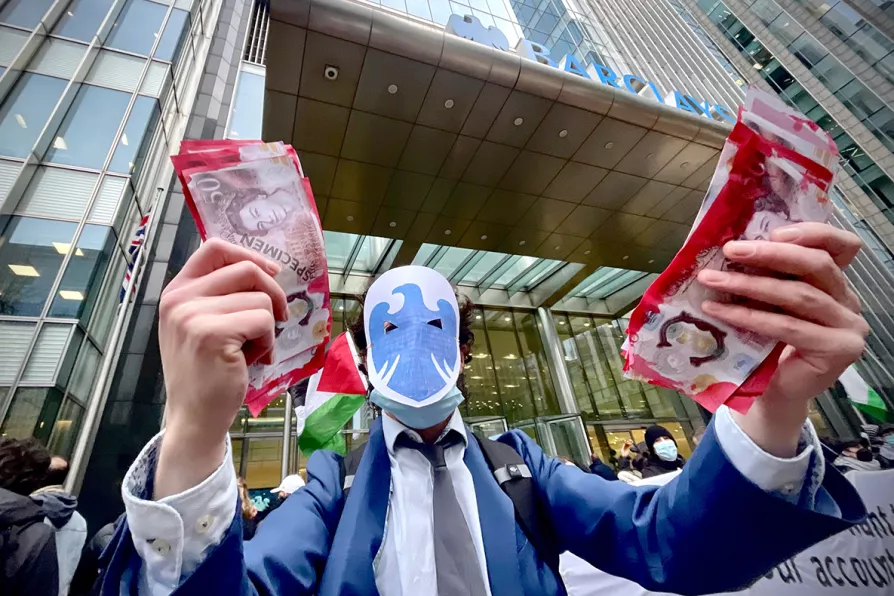The Carpathia isn’t coming to rescue this government still swimming in the mire, writes LINDA PENTZ GUNTER

 A demonstrator during a pro-Palestine protest outside Barclays Bank's UK headquarters, in Canary Wharf, London, February 7, 2024
A demonstrator during a pro-Palestine protest outside Barclays Bank's UK headquarters, in Canary Wharf, London, February 7, 2024
WE GATHER on the 141st anniversary of the death of one of the two founders of scientific socialism. On Saturday March 17 1883, Karl Marx was interred in Highgate Cemetery, beside his wife Jennie von Westphalen who predeceased him by 15 months.
Frederick Engels in his eulogy said: “On the 14th of March, at a quarter to three in the afternoon, the greatest living thinker ceased to think. He had been left alone for scarcely two minutes, and when we came back, we found him in his armchair, peacefully gone to sleep — but forever.”
Socialists have gathered here to mark this anniversary each year since 1883, not from morbid sentimentality, but because the methods of scientific socialism, which Marx and Engels unlocked, are the tools necessary to understand our world and the Promethean spark that allows us to glimpse the possibility of building a better world.

TONY CONWAY assesses the lessons of the 1930s and looks at what is similar, and what is different, about the rise of the far right today












